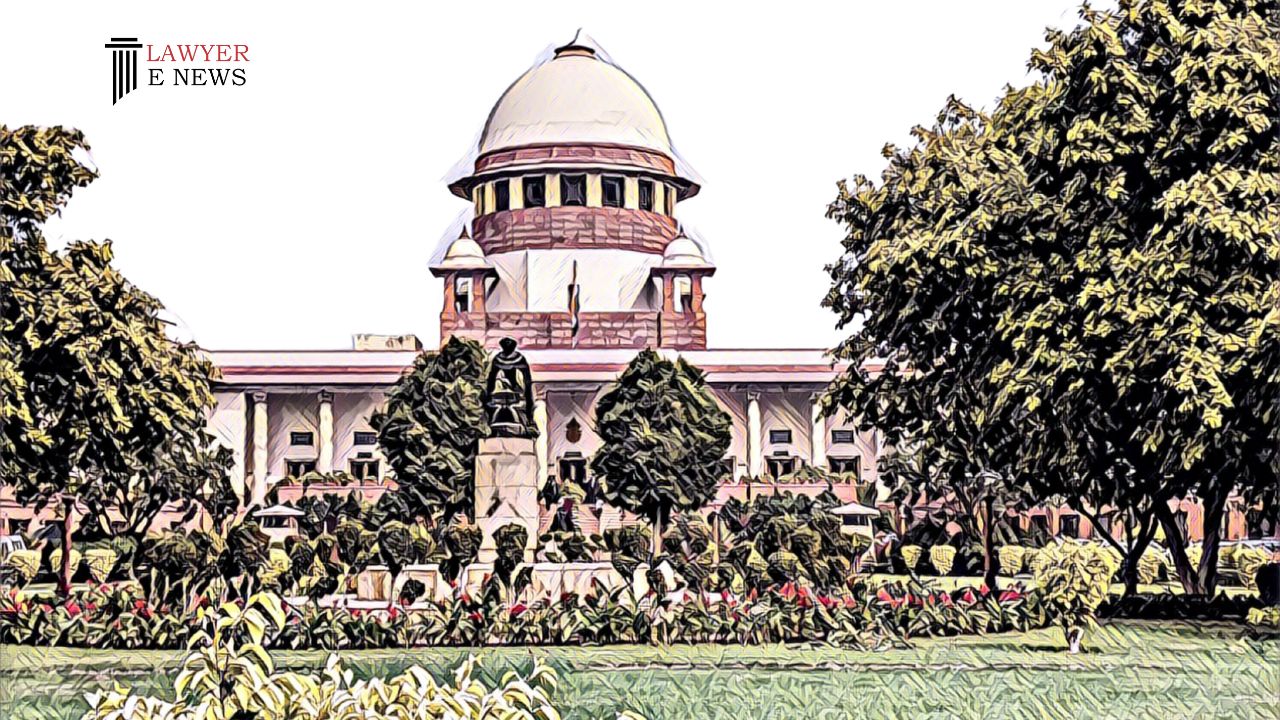-
by Admin
16 February 2026 1:47 PM



The Supreme Court addressed a significant legal issue concerning the issuance of summons without an order in the Souvik Bhattacharya case, highlighting procedural irregularities under the Prevention of Money Laundering Act, 2002 (PMLA), and the Criminal Procedure Code (CrPC).
The case arose when the Special Court issued summons to Souvik Bhattacharya (Accused No. 10) without an official order. Bhattacharya, following legal advice, voluntarily surrendered and applied for bail, which the Special Court rejected. The High Court subsequently dismissed his challenge against this order, leading to an appeal in the Supreme Court.
The Supreme Court conducted a thorough examination of the case, noting a "fundamental flaw" in the proceedings before the Special Court. The Court observed that the summons were issued without an order, and Bhattacharya's subsequent custody and bail application were based on misconceptions of fact and law. The Court criticized the non-application of mind by the Special Court and the absence of an order for summons or arrest warrant, stating, "In absence of any order for issuance of summons or warrant under Section 204 or under any other provision of Cr.P.C., the summons could not have been issued or served upon the appellant nor he could have been arrested or taken into custody."
The Supreme Court allowed the appeal, directing the release of Souvik Bhattacharya on bail, subject to conditions imposed by the Special Court. The Court left it open for the Special Court and the Enforcement Directorate to pass appropriate orders or file proceedings as required by law.
Date of Decision: 16th February 2024.
Souvik Bhattacharya vs Enforcement Directorate
